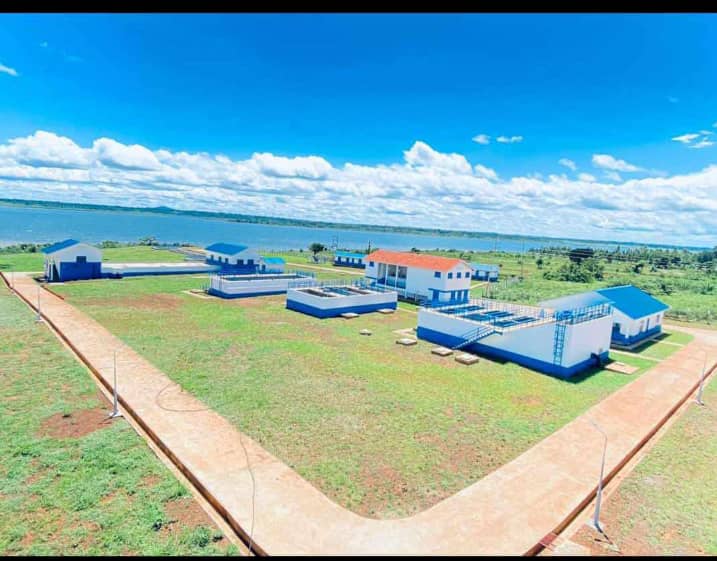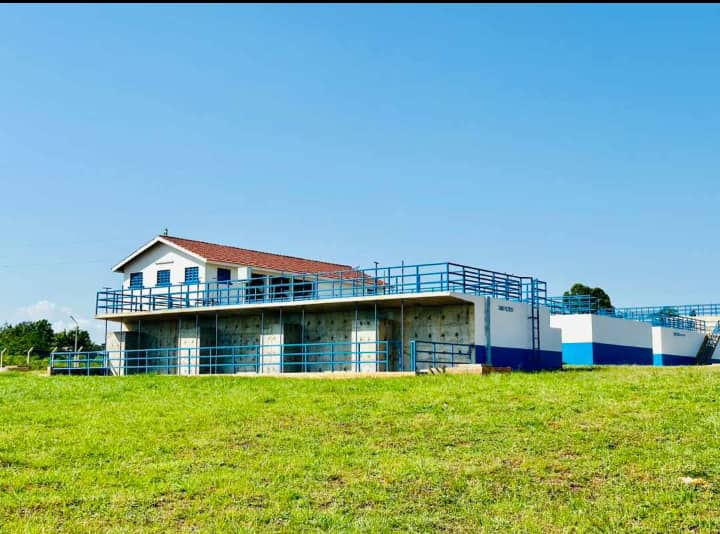
The Ministry of Water and Environment is set to hand over the groundbreaking Water and Sanitation Project in Busia to the National Water and Sewerage Corporation (NWSC) management, a move that promises to dramatically improve access to clean water and sanitation for Busia and its neighboring communities, elevating living standards and public health.
The project is characterized by a cutting-edge water treatment plant, initially capable of producing 9,100 cubic meters of water per day, expandable to 12,988 cubic meters by 2040 which will ensure a reliable supply of clean water for years to come.
Supporting the plant, is an extensive infrastructure network inclusive of: a 26.3-kilometer transmission line and a 12.5-kilometer distribution network with pipes ranging from 2 to 8 inches in diameter. This network guarantees efficient water delivery to homes, businesses, and public facilities. Key components include; a faecal sludge treatment plant, a booster station at Butangasi, and multiple reservoirs to ensure consistent water supply and pressure.
The project aims to bridge the gap in water and sanitation access across both urban and rural areas, and will benefit an estimated 186,000 people in Busia Municipality, surrounding town councils, and sub-counties.
Further extending its impact, the project will establish 250 new water connections and 20 public standposts. Public toilets, including waterborne and ventilated improved pit toilets, will be constructed at key locations to meet basic hygiene needs and promote public health. Notably, environmental conservation measures, such as tree planting initiatives, will ensure the sustainability of water resources.
Improved access to clean water and sanitation will reduce waterborne diseases, easing the burden on local healthcare facilities. Whereas, reliable water supply will support local businesses, agriculture, and economic activities, creating jobs and driving growth, it will also free women and children from the burden of spending hours fetching water from distant sources, and allow the women to engage in productive activities while children focus on their education. The benefits are profound.



